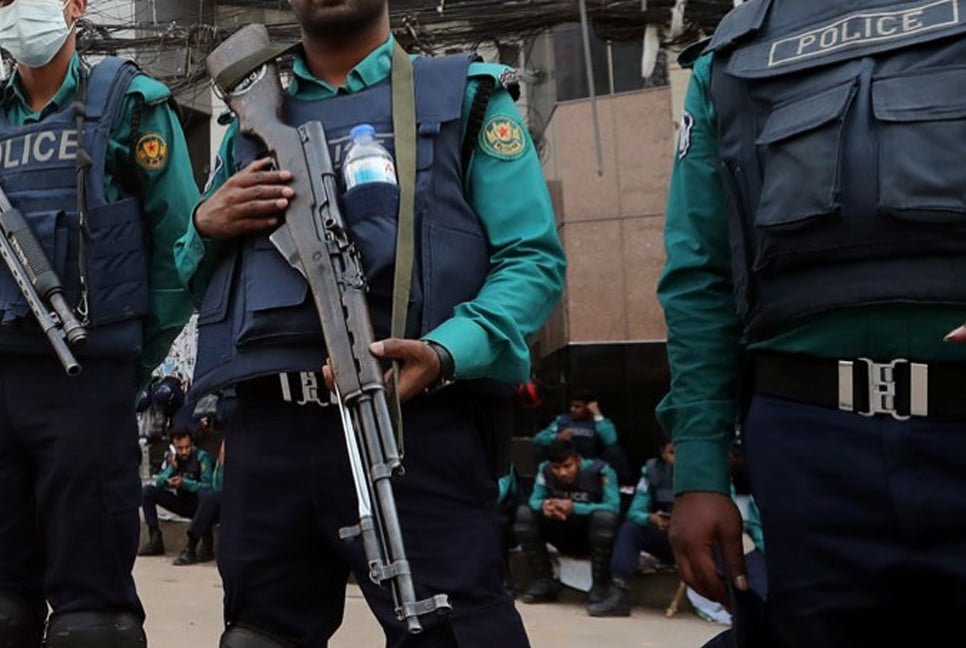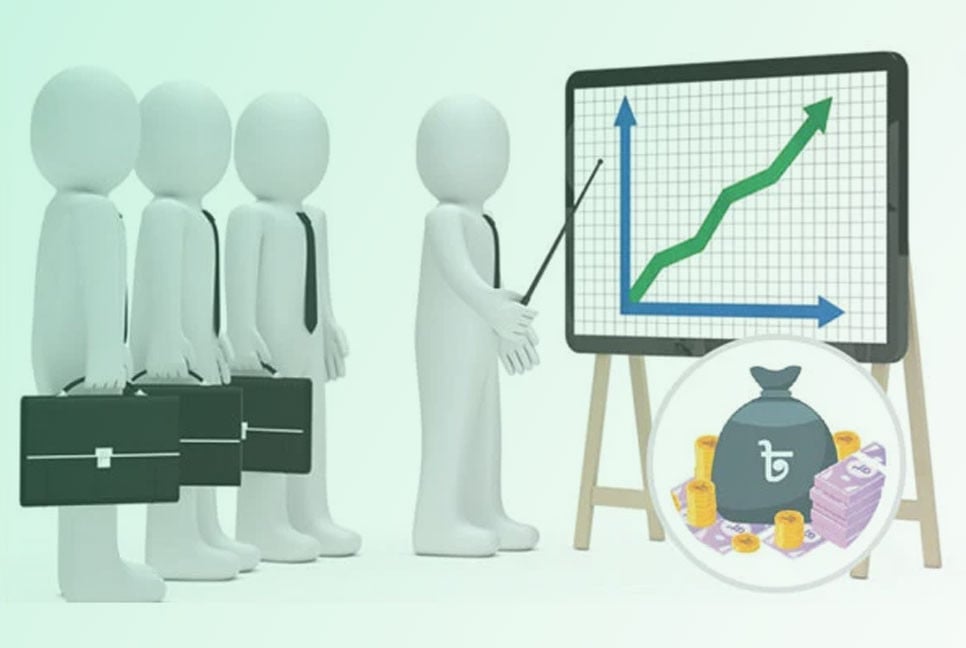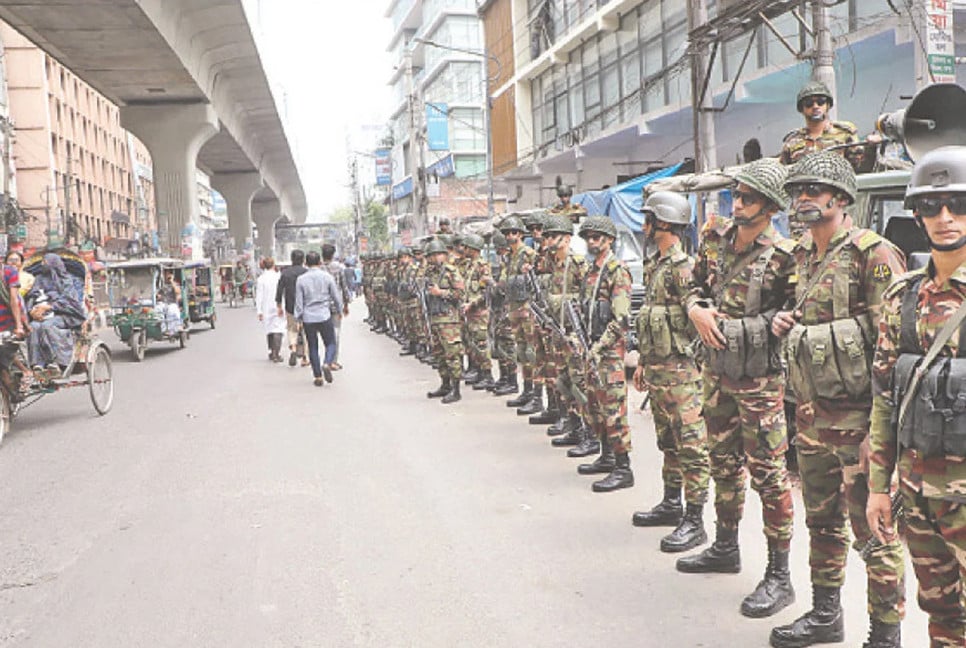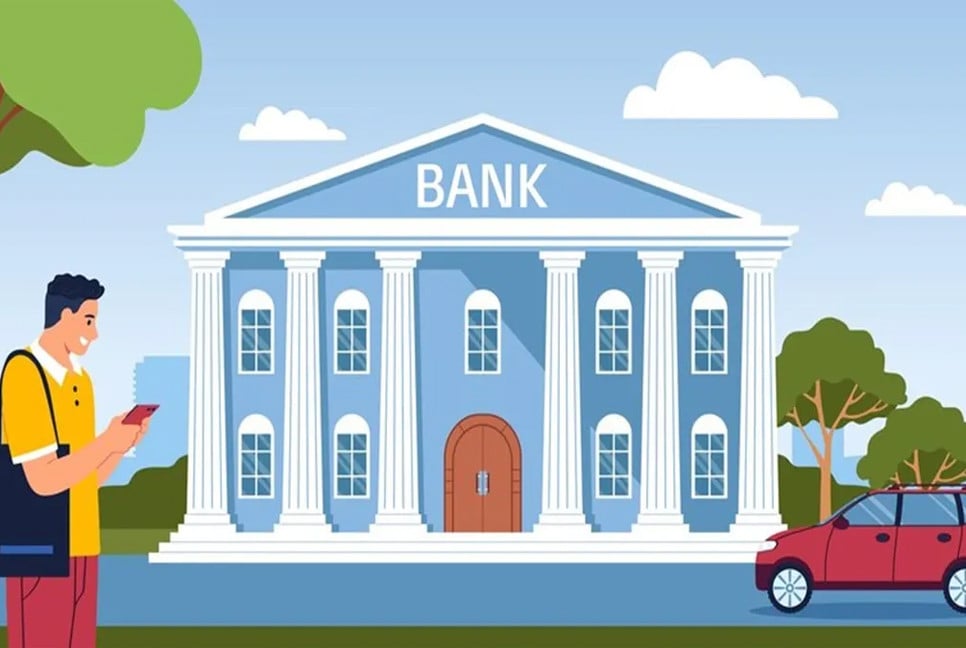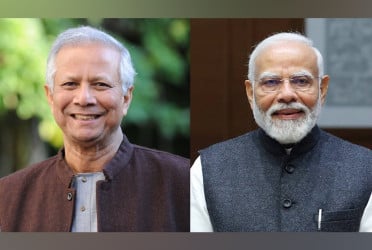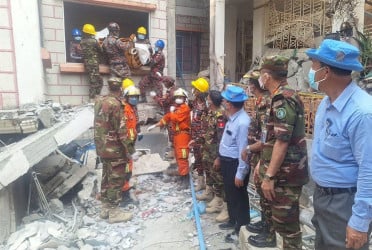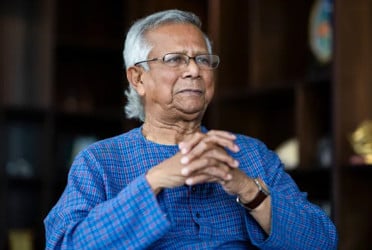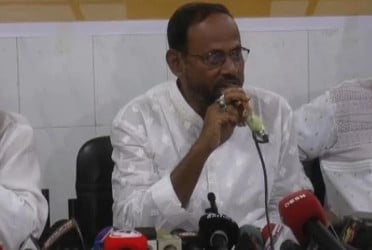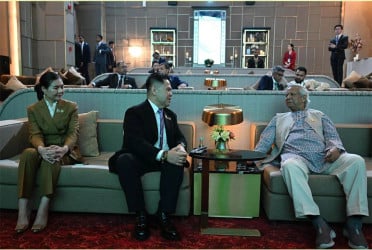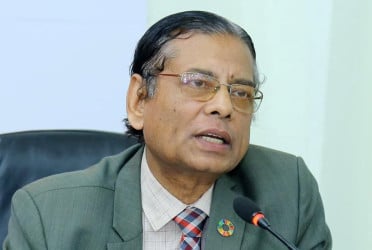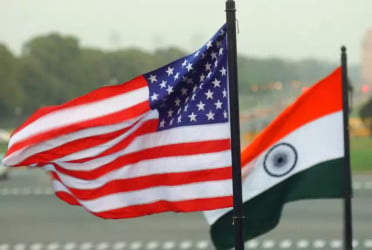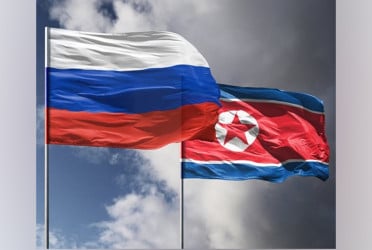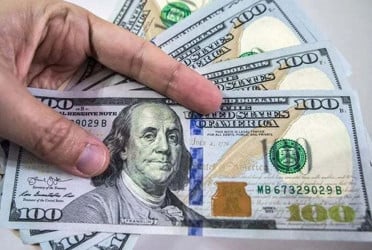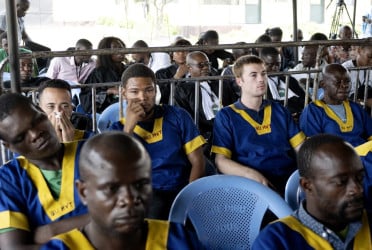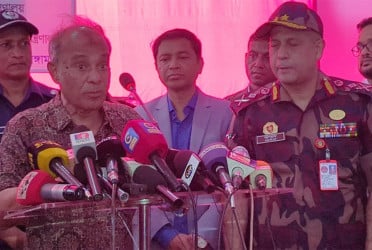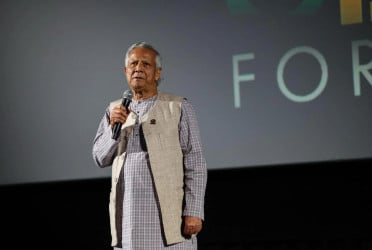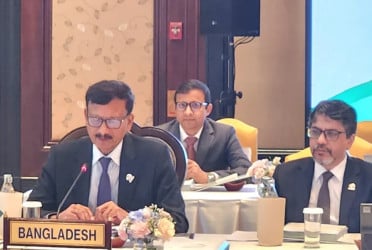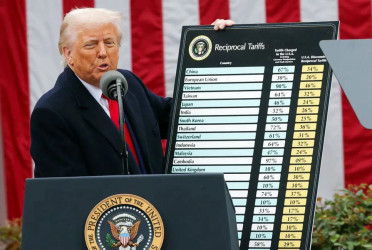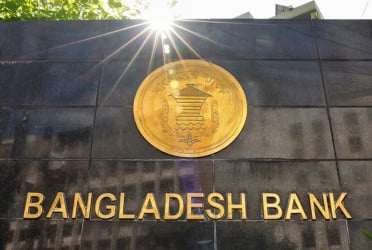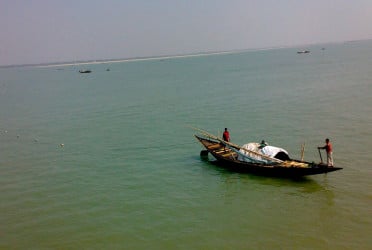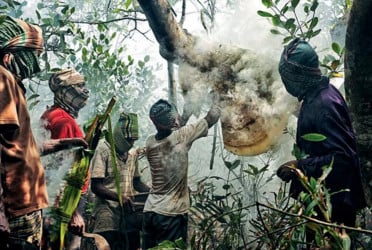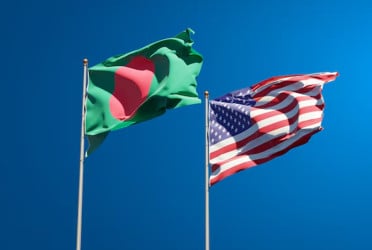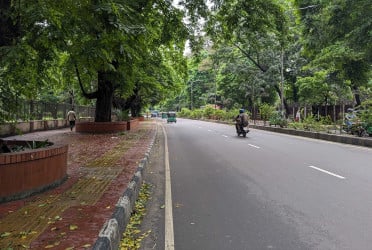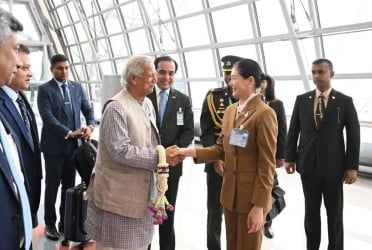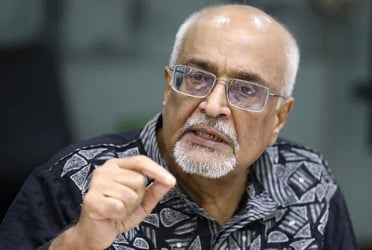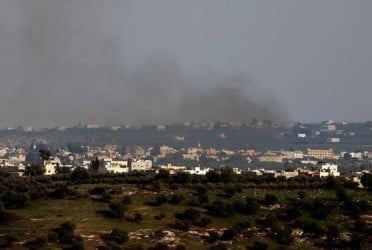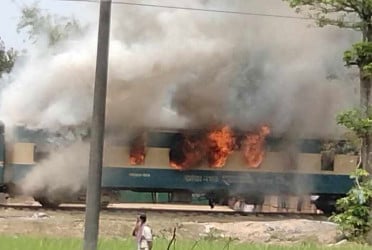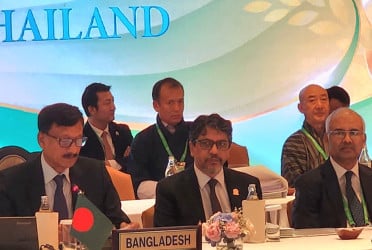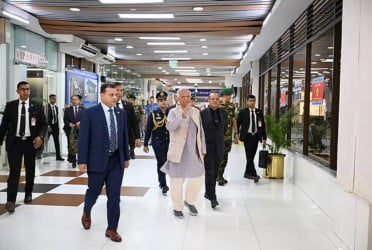Economy and democracy are two sides of the same coin, like a railway track needing two parallel lines to function. A country cannot run effectively without a proper balance between its political and economic systems. When one falters, the other suffers. A fragile political system destabilizes the economy, and when the economy crumbles, democracy itself is threatened. Strong governance, accountability, and a stable democratic environment are essential for nurturing economic growth, which in turn fosters investor confidence. But without a supportive economic framework, democracy faces severe challenges.
Economic stability is the cornerstone of democratic development. If we reflect on Bangladesh’s history since independence, we see that whenever democracy faltered, the economy followed suit. And despite economic collapse, democracy has, at times, managed to endure. This pattern holds true not only in Bangladesh but across the world.
For 15 and a half years, Bangladesh has been under an authoritarian regime masked as politics, with the economy left adrift. During this period, businessmen and industrialists were forced into submission by the ruling party, with little room to operate independently. Only in July of last year, through a student-led movement—the “July Revolution”—did the desire for a new Bangladesh emerge. While there are ongoing discussions about the shape of this new Bangladesh, the urgent need for economic reform remains largely ignored.
While the government has set up reform commissions to tackle various issues, including the creation of the National Consensus Council to review the reports, the economy has been left on the sidelines. The government remains hopeful that elections will take place by December, but the economic situation remains neglected. The business community, however, remains deeply concerned. The lack of a clear, investment-friendly policy has fostered uncertainty, and political instability has further compounded these issues.
Despite the government's focus on investigating past corruption, no tangible efforts have been made to restore investor confidence or create an environment conducive to business growth. Bangladesh's foreign exchange reserves are dangerously dependent on remittances—an unreliable source that cannot sustain long-term economic health. Meanwhile, businesses are demoralized, with many unable or unwilling to make new investments due to the instability.
In the last six months, the business landscape has deteriorated sharply. Factories have closed, workers have lost jobs, and industries have been left in disarray. The banking sector, too, is fragile. While the government has printed money to inject liquidity into a few struggling banks, this has failed to resolve the underlying issues. A severe dollar shortage remains, leading to an import crisis that is also affecting exports.
The government’s failure to reassure businesses has led to mounting frustration within the private sector. Energy shortages, political instability, and the deterioration of the industrial environment have led to widespread closures. In addition, businesses are being unfairly targeted by political factions, with many facing harassment and threats. These obstacles have made it nearly impossible for businesses to operate in a climate of fear and uncertainty.
The energy crisis is another major issue. The country is on the brink of a severe power shortage, especially as the summer approaches, and gas shortages continue to put industries at risk. Despite the worsening crisis, the government has failed to play a proactive role in addressing these energy issues. These critical matters must be prioritized now, as a stable economy hinges on a reliable and consistent power supply.
The law and order situation has also worsened over the last six months. Uncontrolled terrorism has instilled fear within the industrial sector, making it increasingly difficult to attract investment. With political parties more concerned with internal conflicts than economic policy, the country faces an uncertain future. If the economy continues to stagnate, public dissatisfaction will grow, and the democratic process will be jeopardized.
Although the government has undertaken reforms in several areas, no substantial efforts have been made to revitalize the economy. There has been no visible plan to engage with business leaders or to create a unified development strategy that could restore confidence and stimulate growth.
In the 53 years since independence, the private sector has been the engine driving Bangladesh's economic growth. Entrepreneurs, with their innovation and hard work, have created jobs, built industries, and contributed to national prosperity. Sadly, however, Bangladesh’s businessmen have often been viewed with suspicion and have been forced to navigate a political environment that often undermines their contributions. Many businesspeople have had no choice but to align themselves with the ruling party, not out of loyalty but out of necessity.
This dynamic—where business people must often operate under the political umbrella—creates a toxic environment for both the economy and democracy. Business decisions should be motivated by economic goals, not political survival. However, the political climate in Bangladesh has been one where businesses are used as pawns, forced into subservience in exchange for survival.
It is essential for the government to create a business-friendly environment where entrepreneurs can operate without fear of political retribution. A stable and predictable policy framework, free from political interference, is the foundation of any strong economy.
Reforms should focus on improving the relationship between the government and the private sector. Future administrations must commit to fostering an environment where businesspeople are not coerced into political allegiances. Business owners should not be forced to attend political functions or support a particular party for fear of retaliation. They must be allowed to focus on what they do best—creating jobs and driving economic growth.
The National Consensus Commission on State Reform must actively engage with the country’s industrial leaders to understand their concerns and address the challenges they face. Businesspeople should not be victims of political instability or become pawns in a larger political game. The private sector is the lifeblood of Bangladesh’s economy, and without its success, the country will face further instability.
If the private sector is stifled, democracy itself will falter. The business community is not the enemy—it is the engine that drives the economy forward. The government must create an environment where businesses can thrive, without fear of political backlash or government interference. Only then can Bangladesh truly realize the democratic and economic progress it deserves.
Audite Karim, Playwright and Columnist, Email: auditekarim@gmail.com
Bd-pratidin English/ Jisan




